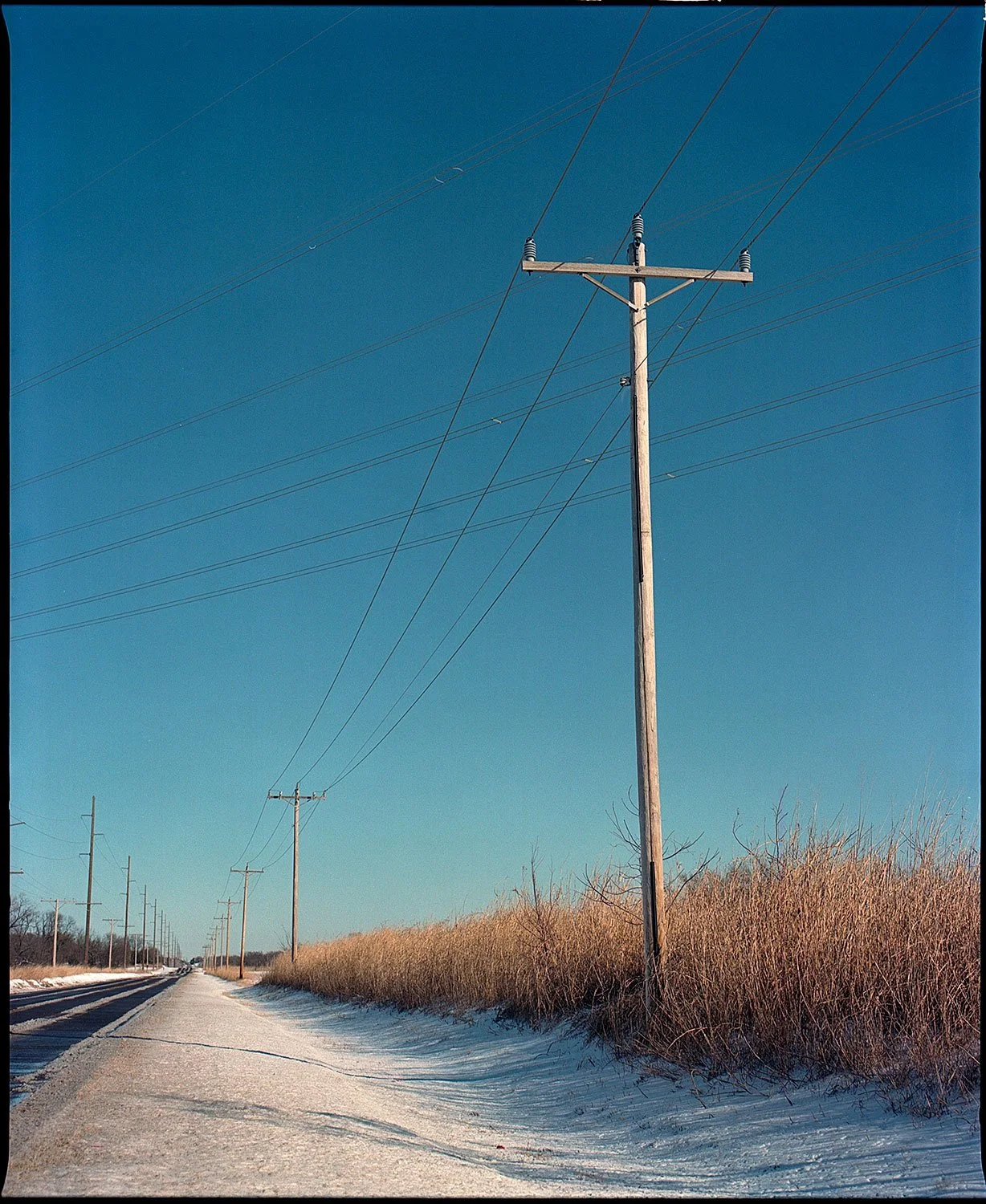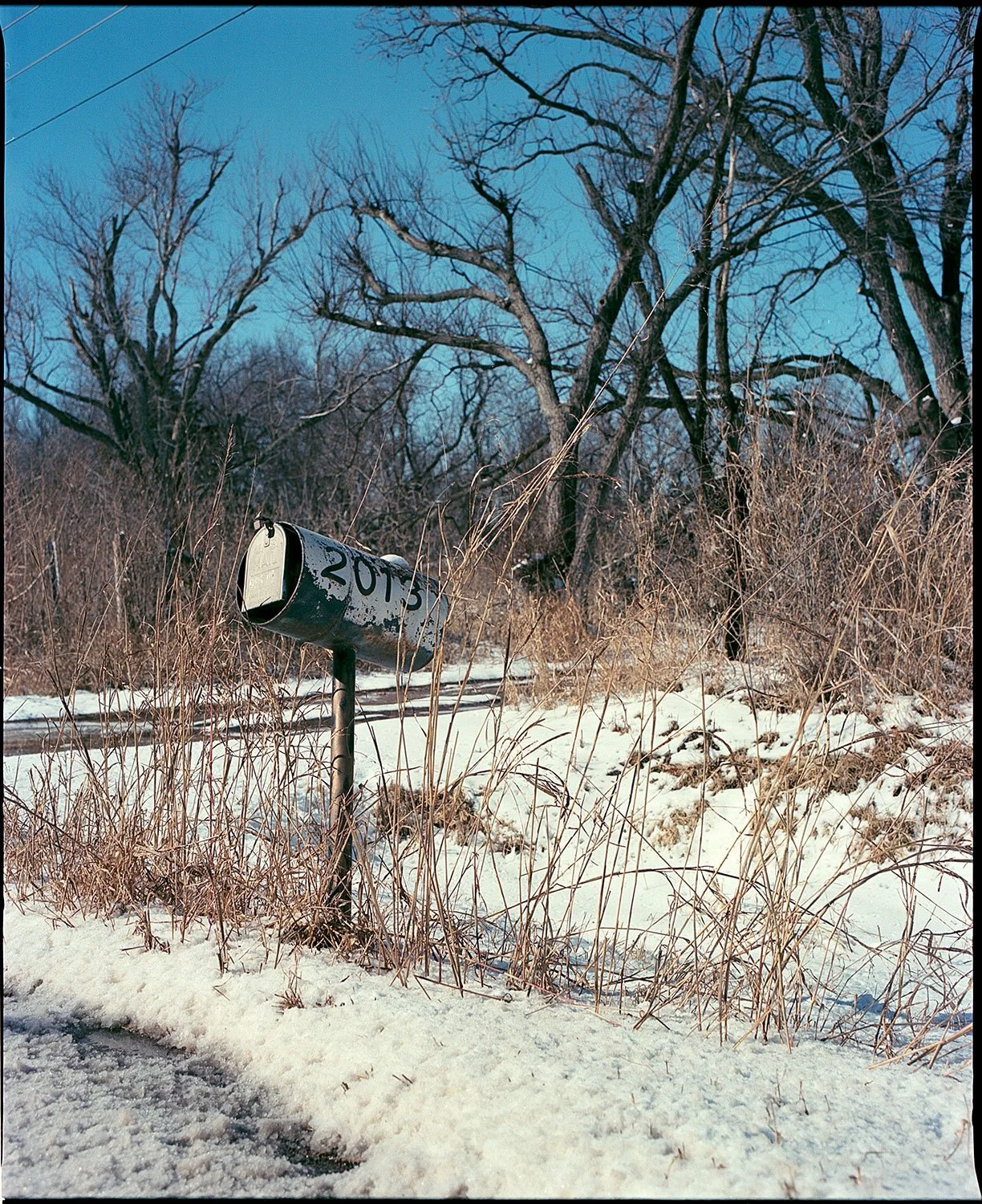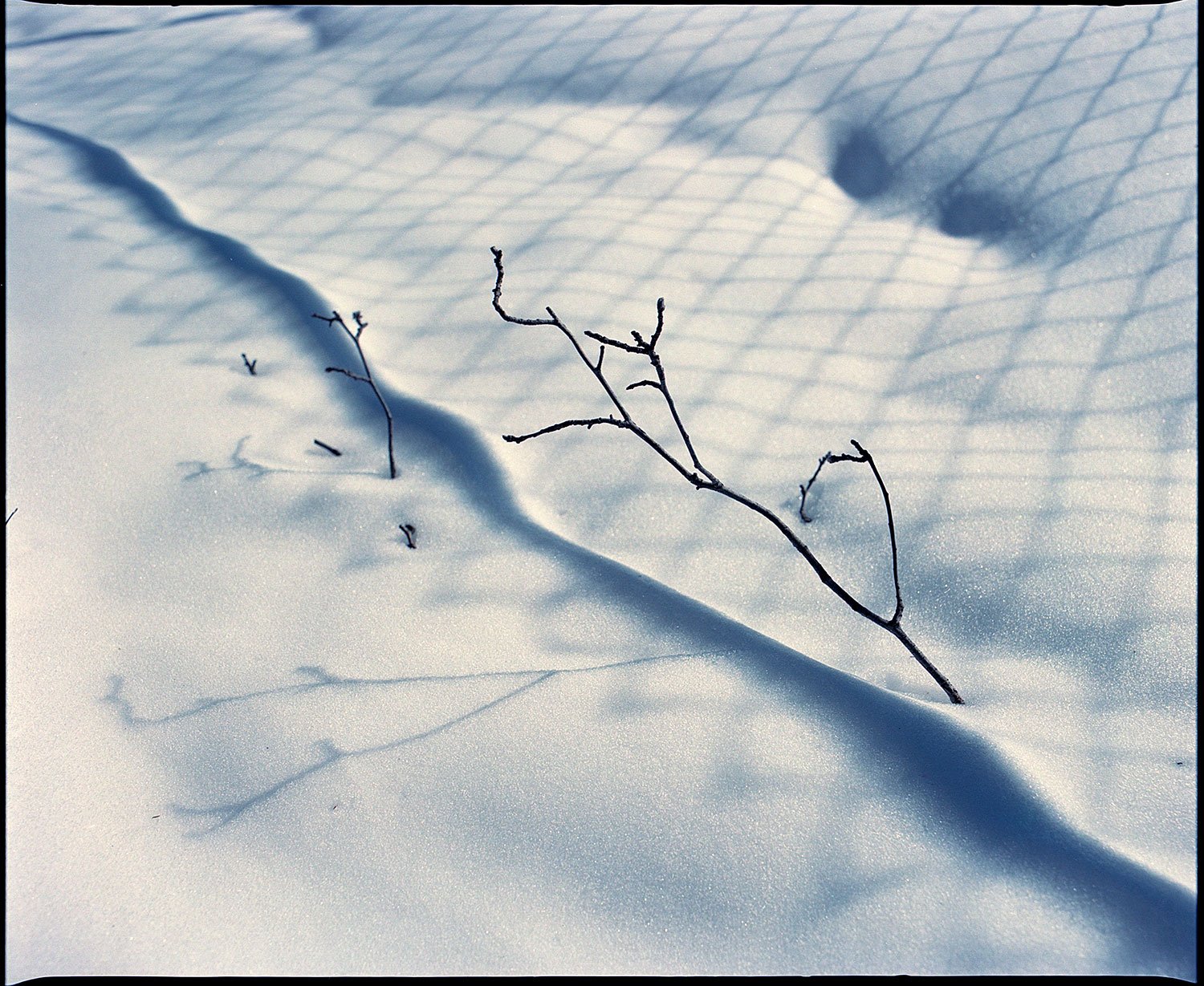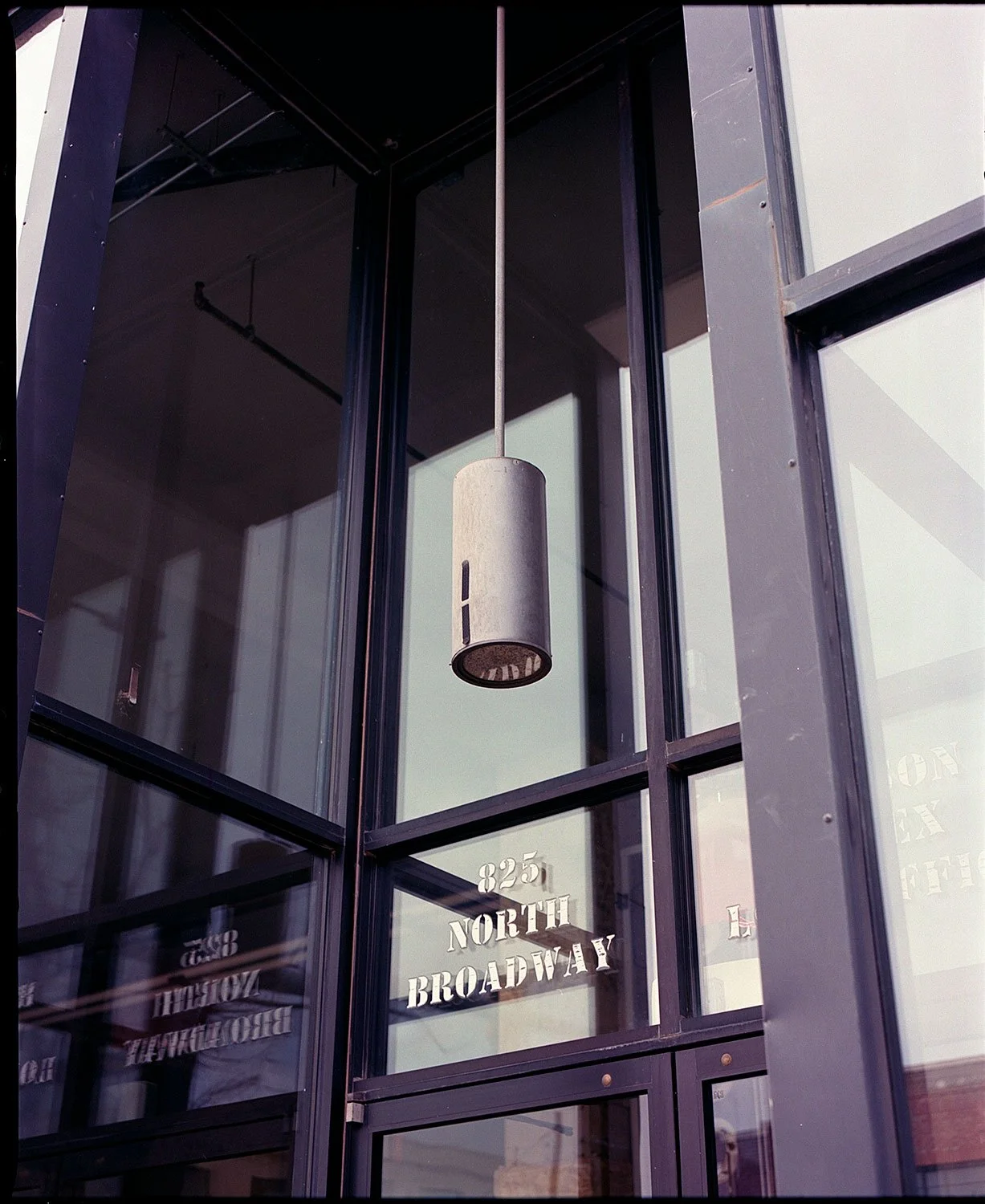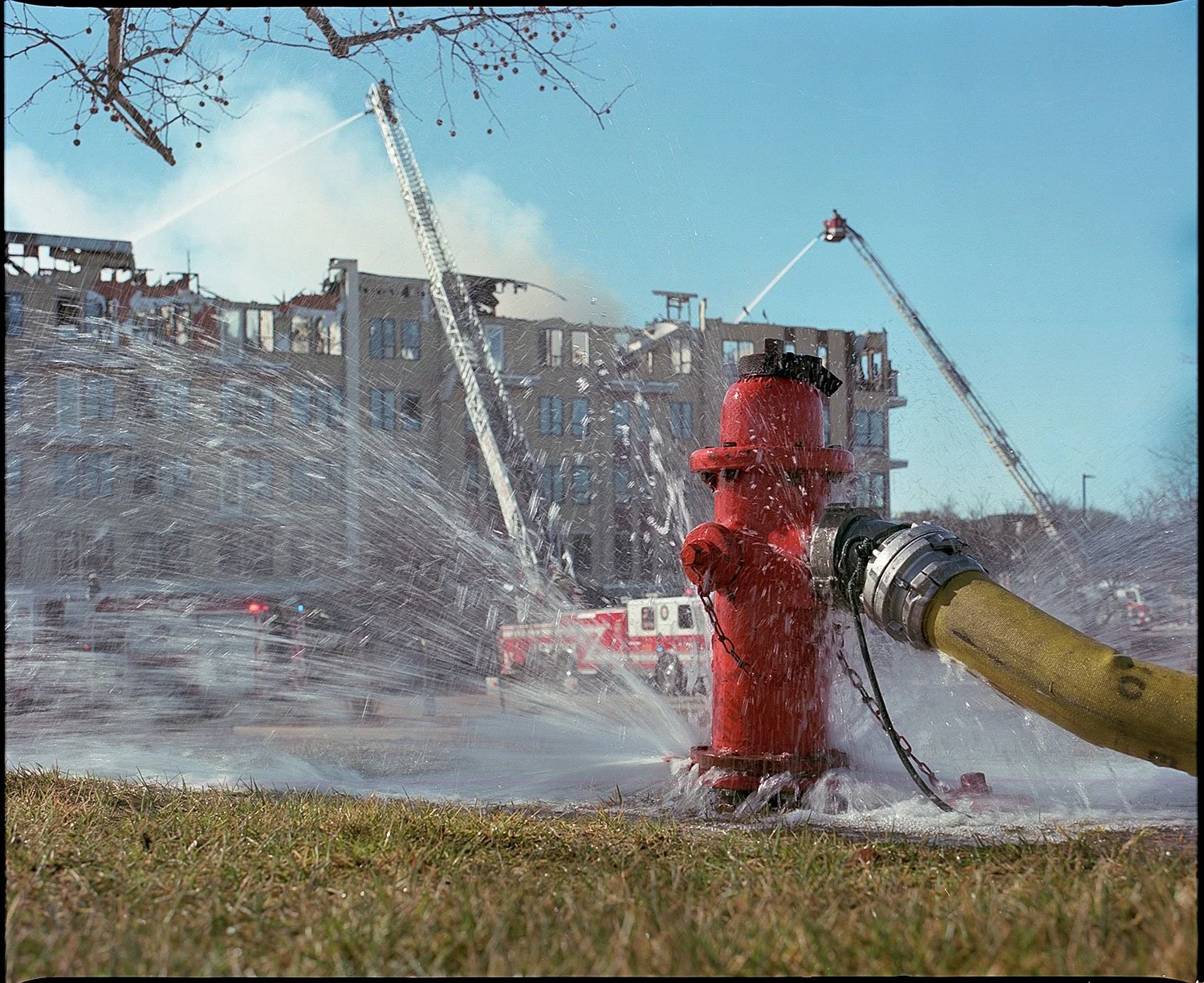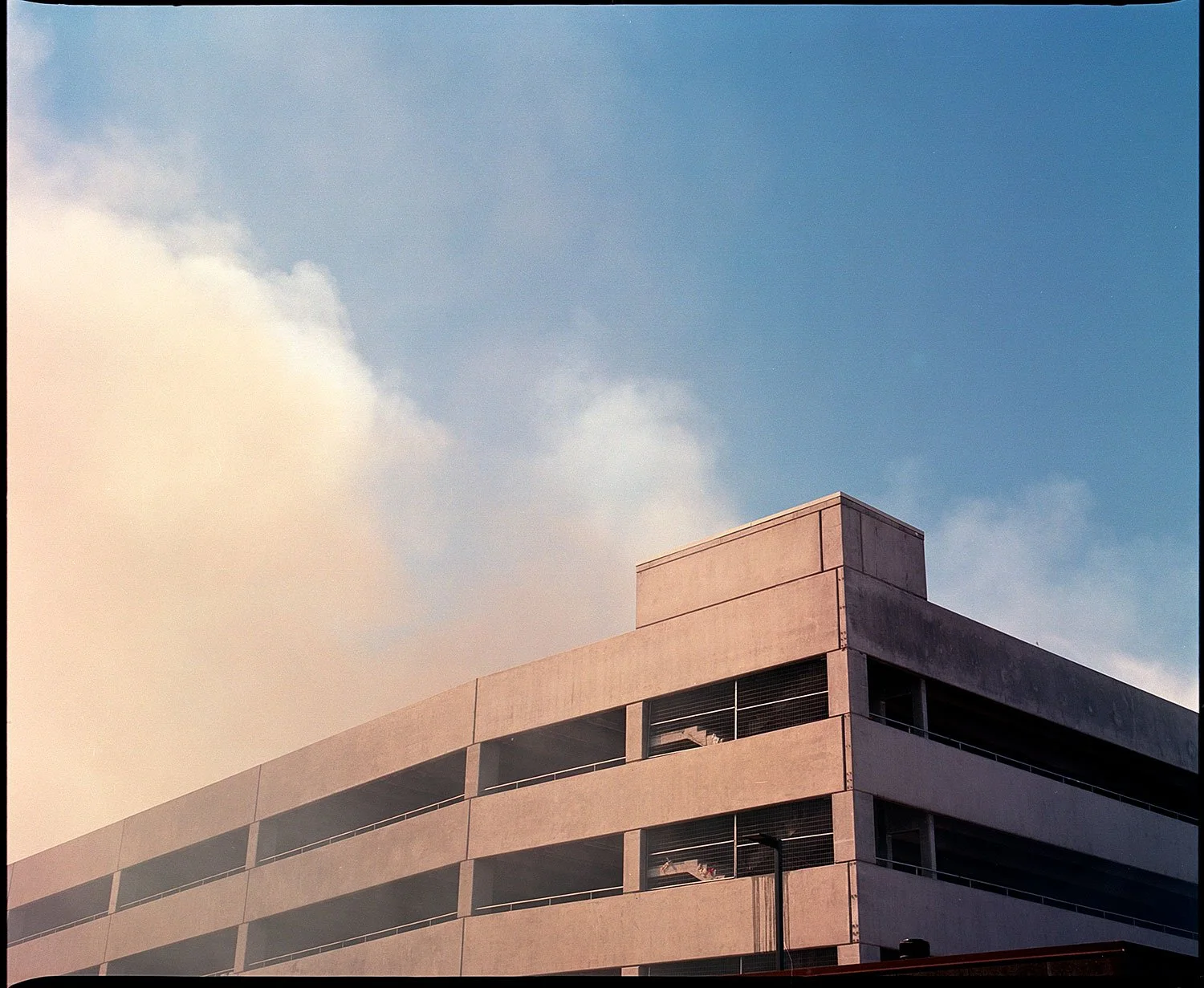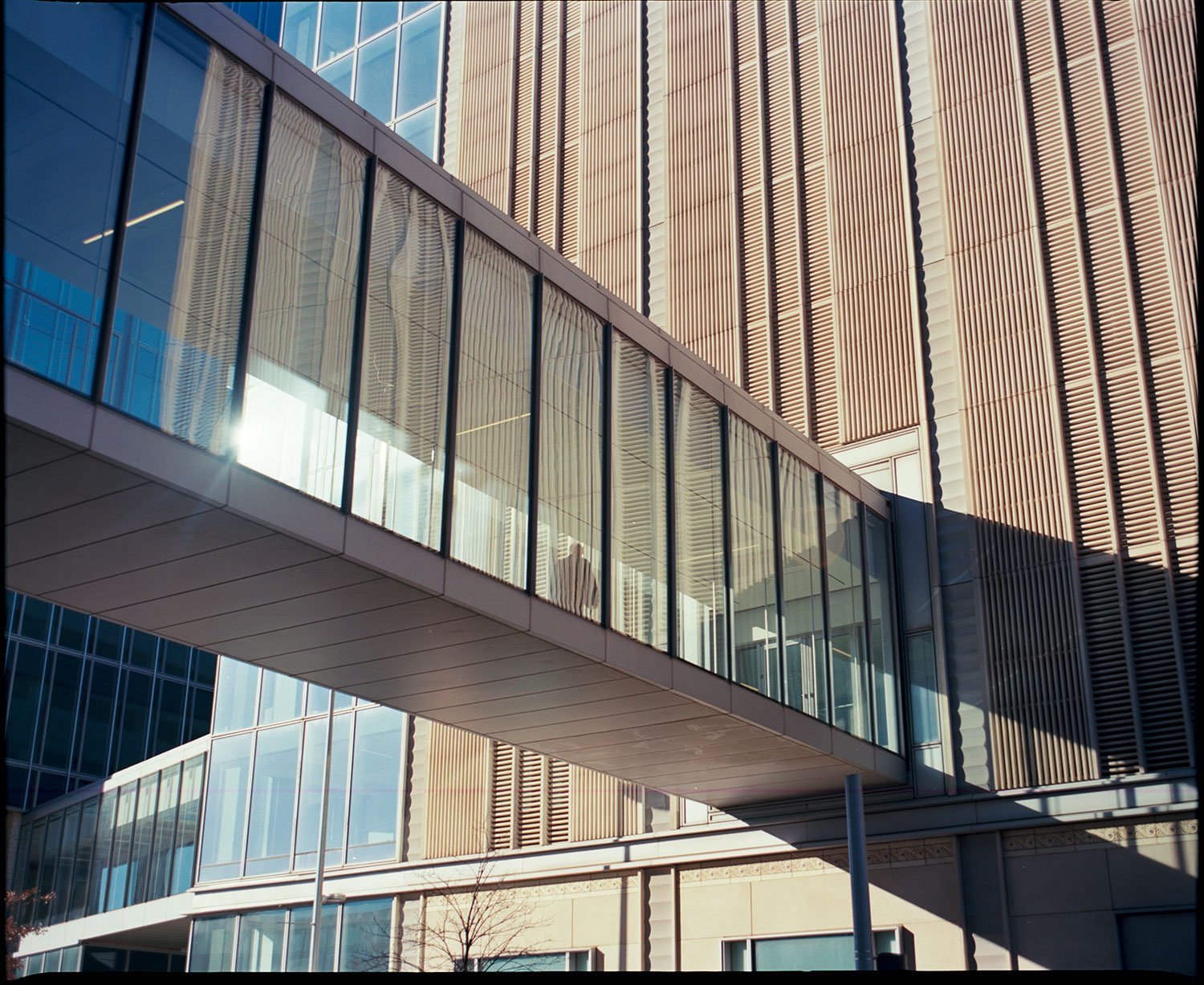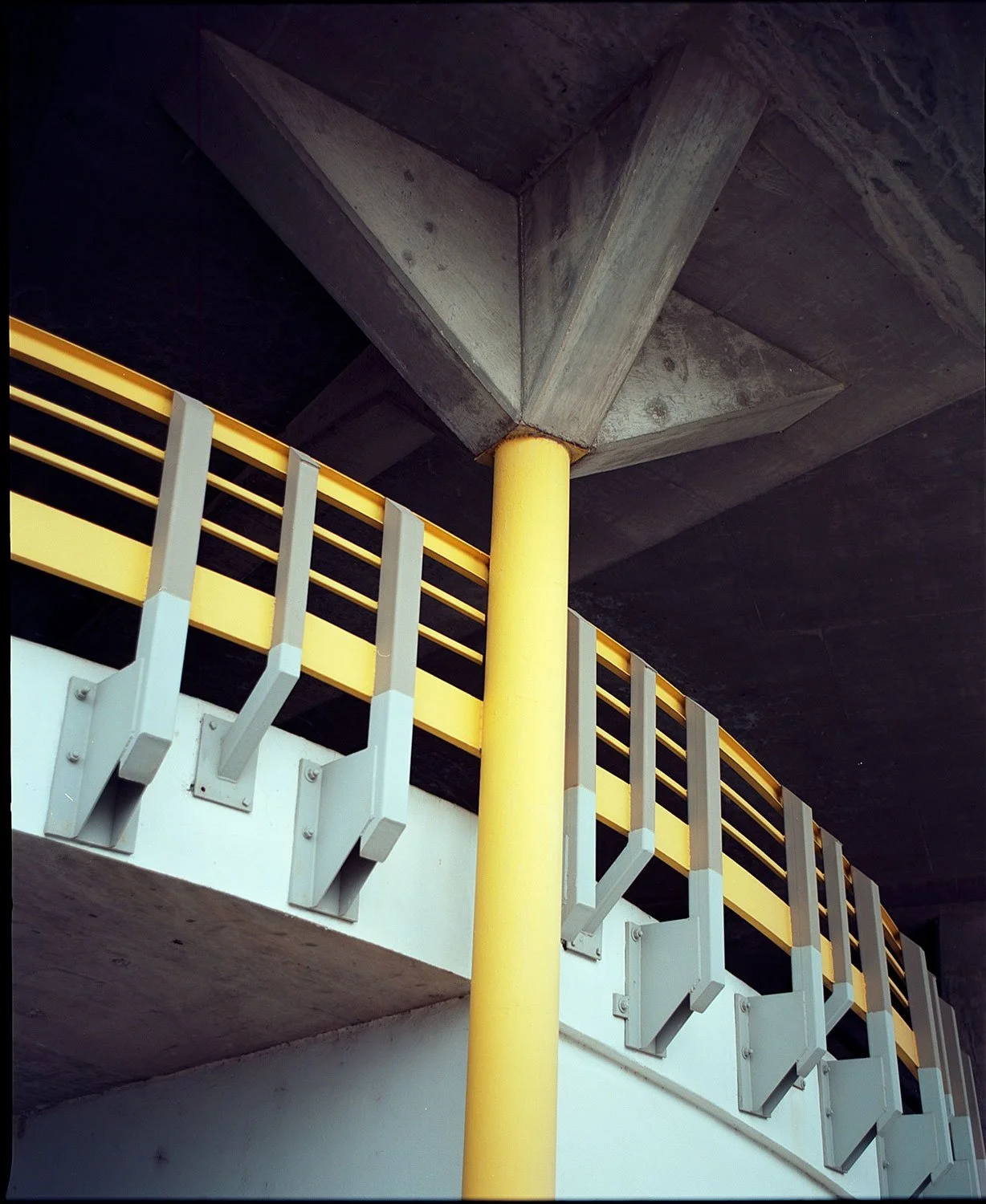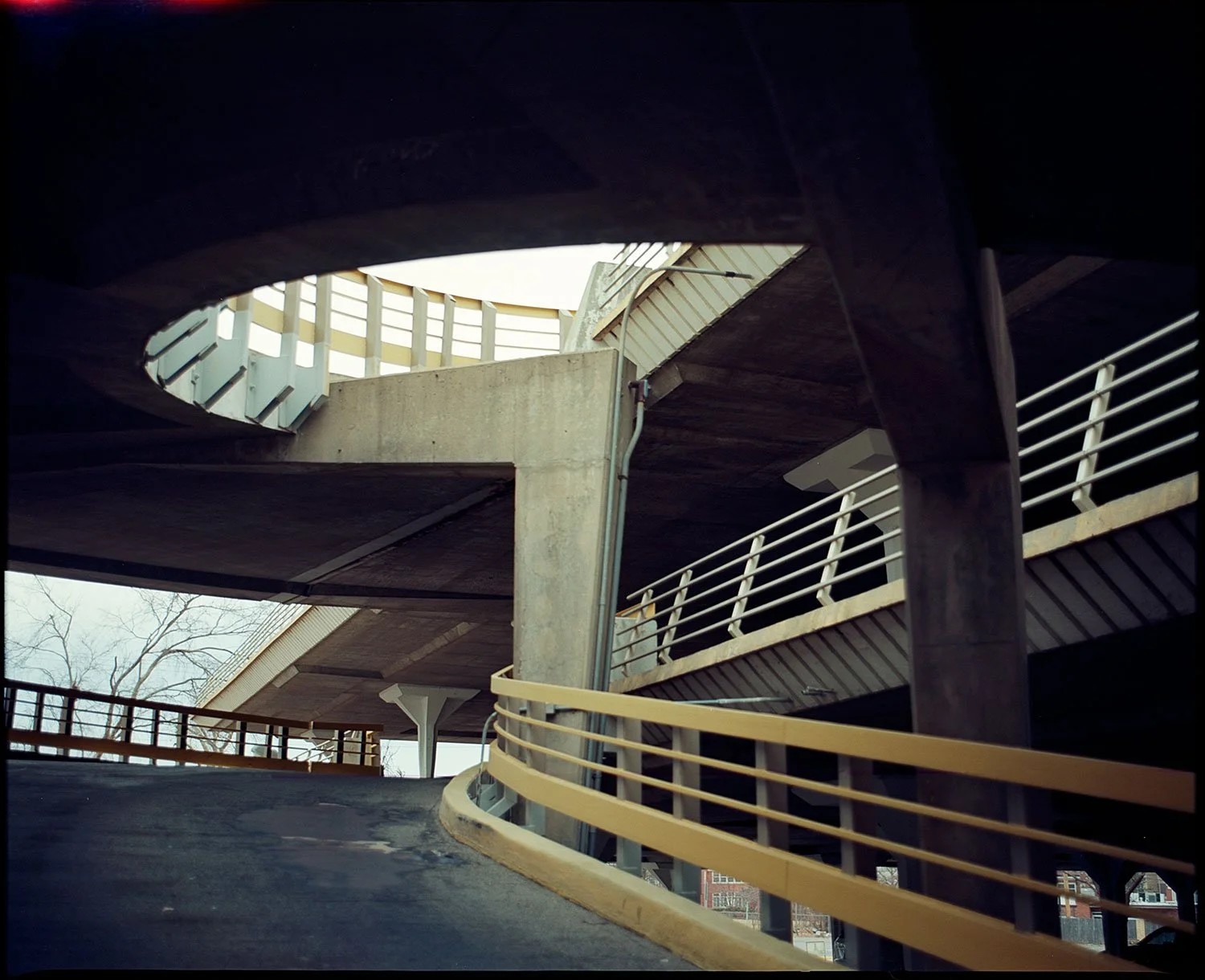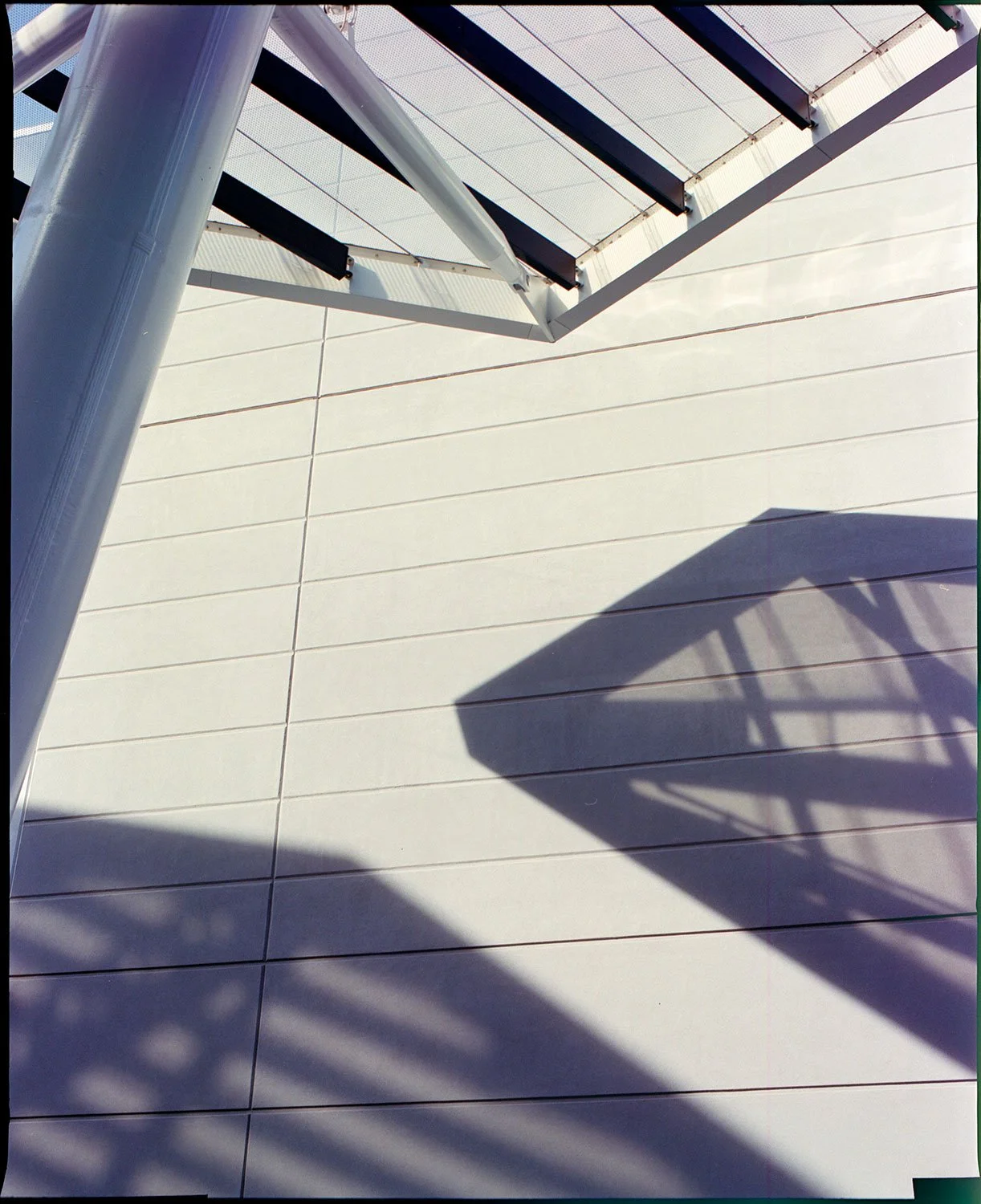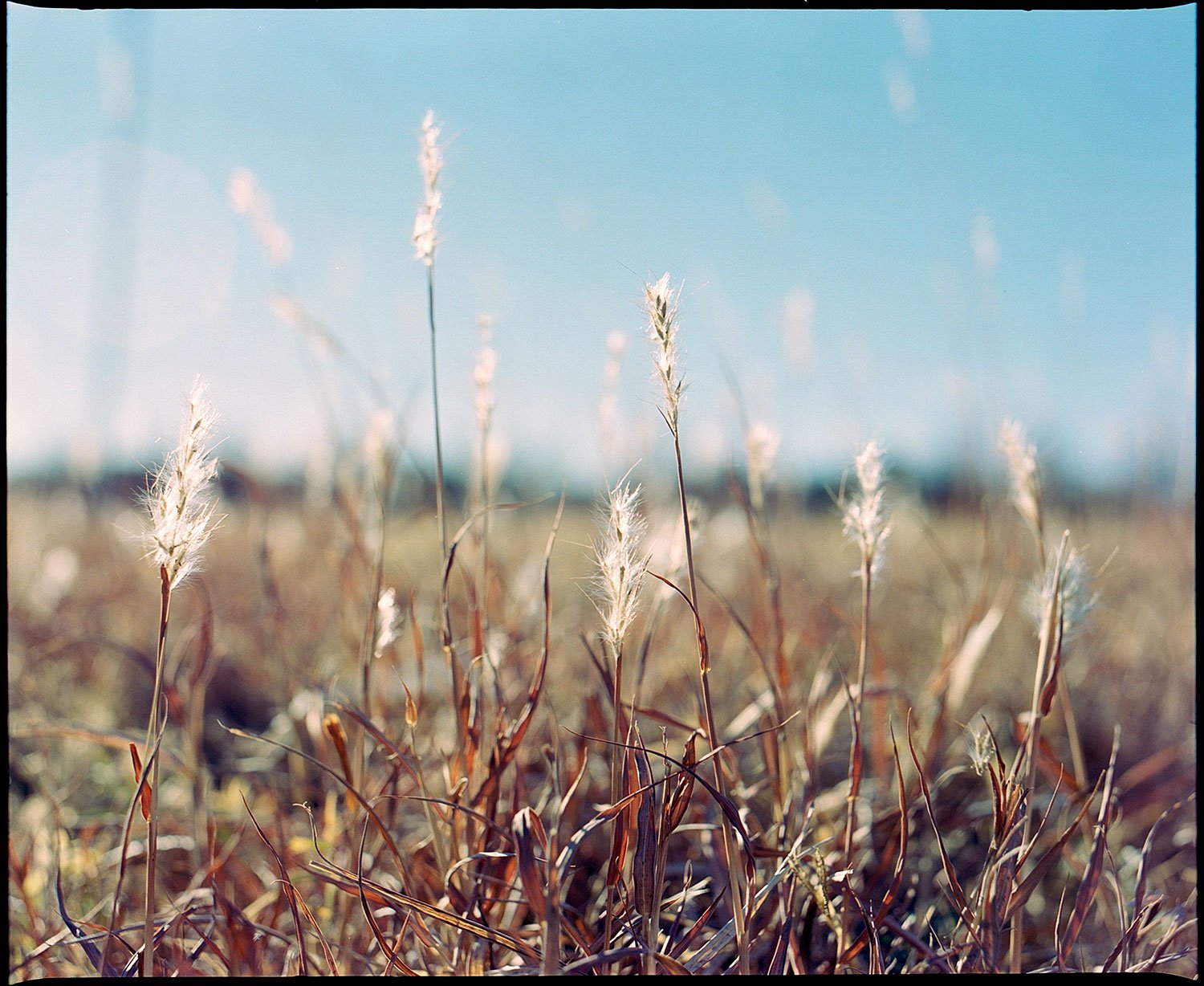While I should be finishing out an expense report from a fancy corporate shoot early last week in Vegas, I'm instead letting you in on what I fanboy'd over this weekend with the 2022 deadCenter Film Festival here in Oklahoma City.
Since 2006-ish I've either volunteered, worked, and/or had different short films in deadCenter. I skipped the 2019 event seeing as how we were out in New York. Then – along with everything else – Covid forced the film festival to be fully virtual the last couple years. No parties, no in-person screenings, no forced conversations while waiting in line with strangers. We got that nonsense back this year and I spent the last few days soaking it in.
Considering how I'm nearly drowning in trying to get my rubber stamp doc made, I tried to focus on seeing as many documentary films at this year's festival as I could. First off was Skate Dreams, a documentary about the rise of women's professional skateboarding. Then there's Octopus, a unique doc about the aftermath of the August 2020 Port of Beirut explosion. Finally I caught a documentary that legitimately made me cry called Refuge. It's about a former white nationalist connecting with a Muslim cardiologist and a community of refugees in a small town in Georgia.
I only caught one narrative feature at the festival this year and it blew me away. Chicken House is a low-budget comedy/horror about three struggling actors in Oklahoma City taking in an unusual new roommate. It could be that I've really been into Siouxsie and the Banshees and late 70's early 80's punk rock lately, but writer/director Cate Jones and her motley crew killed it with their film. There's no question I've been incredibly frustrated with being back in Oklahoma and the creative scene here. Films are being made and keeping the locals working, but for the most part it's the same copy and paste conservative Christian film of the white working girl finding her true beau with the help of her one black friend. Chicken House not only directly called that propaganda out, but this much needed underbelly art film absolutely shivved those direct to Hallmark Channel films. I had zero shame in seeking Cate out on Instagram afterwards and gushing in her DMs.
The parties and in-person events are the highlights to deadCenter. My hack to navigating networking events as an introvert is to grab a drink and keep one hand free to shake hands. I give myself a quota to meet and talk with 3-5 strangers before being cool with ducking out from the event and recharging. Pretty sure that's how I met NYC-based producer Elizabeth Potter back in late 2018 at an event in Brooklyn. She was in town for deadCenter with a film she EP'd plus she was speaking on a documentary panel. We hung out Friday night at one of the events and got to catch up and talk shop.
Along with the films, I also hit up a couple of the panel discussions. The Indie Film 101: Breakthroughs on a Budget session had a few helpful insights, but it also highlighted and promoted some incredibly unhealthy financial advice. Having personally been in the game long enough to know better, there's no legitimate reason to literally use the down payment on a home to get your art piece done. Also, low-balling a teenager who "knows how to do VFX" isn't financially savvy, it's selfish on the producer's part and setting up young creatives to not properly value their work. I've absolutely called in favors at times from friends I've hired out on commercial jobs. I've also worked out long-term licensing splits with talent and crew on stock footage projects, but damn I'm not going to be the one who pays in "exposure." The most helpful thing I got out of that panel was fleshing out the idea of selling shares of your film like you would shares of your business. That same panelist who used the down payment on a house for their film also talked about how they sold 50% of their project to investors and how those backers would be re-paid 110% of their initial investment if/when their film was sold.
Now it's Monday morning and I'm back to my own nonsense. I'm still staring down that figurative herd of elephants I've committed to eat with my own film project, but now I've got a bit more of an appetite after a weekend of independent films and filmmakers who've already had their fill.



